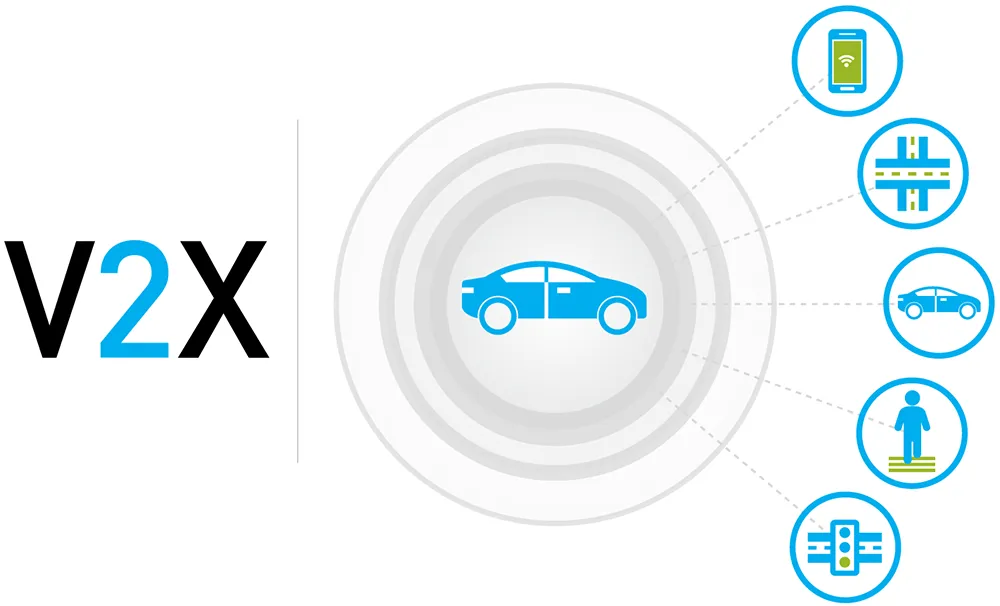
The cybersecurity solution offers multiple protection layers such as secure boot, secure low-latency signing, line-rate verification of the entire V2X communication link, and secure V2X firewall. Additionally, Autotalks’ cryptographic-agile security engines support field upgrade of future ECDSA curves while maintaining safety-grade performance level of the V2X applications.
Autotalks says Craton2 easily adapts to any vehicle architecture while its high level of integration reduces development and certification effort and ensures quick time-to-market. It integrates all V2X system blocks, including a powerful dual ARM processor, and introduces what is claimed to be the smallest V2X solution footprint with the lowest power consumption.
Craton2 is a global platform supporting EU, US and Japan standards. Its support of IEEE 802.11a/b/g/n/ac, enables wi-fi service outside the vehicle for supplementary value-added services.








